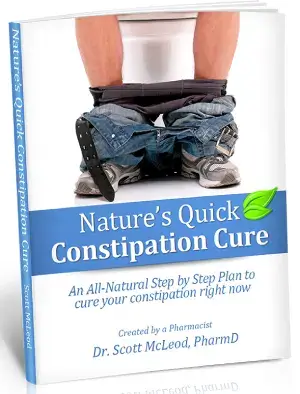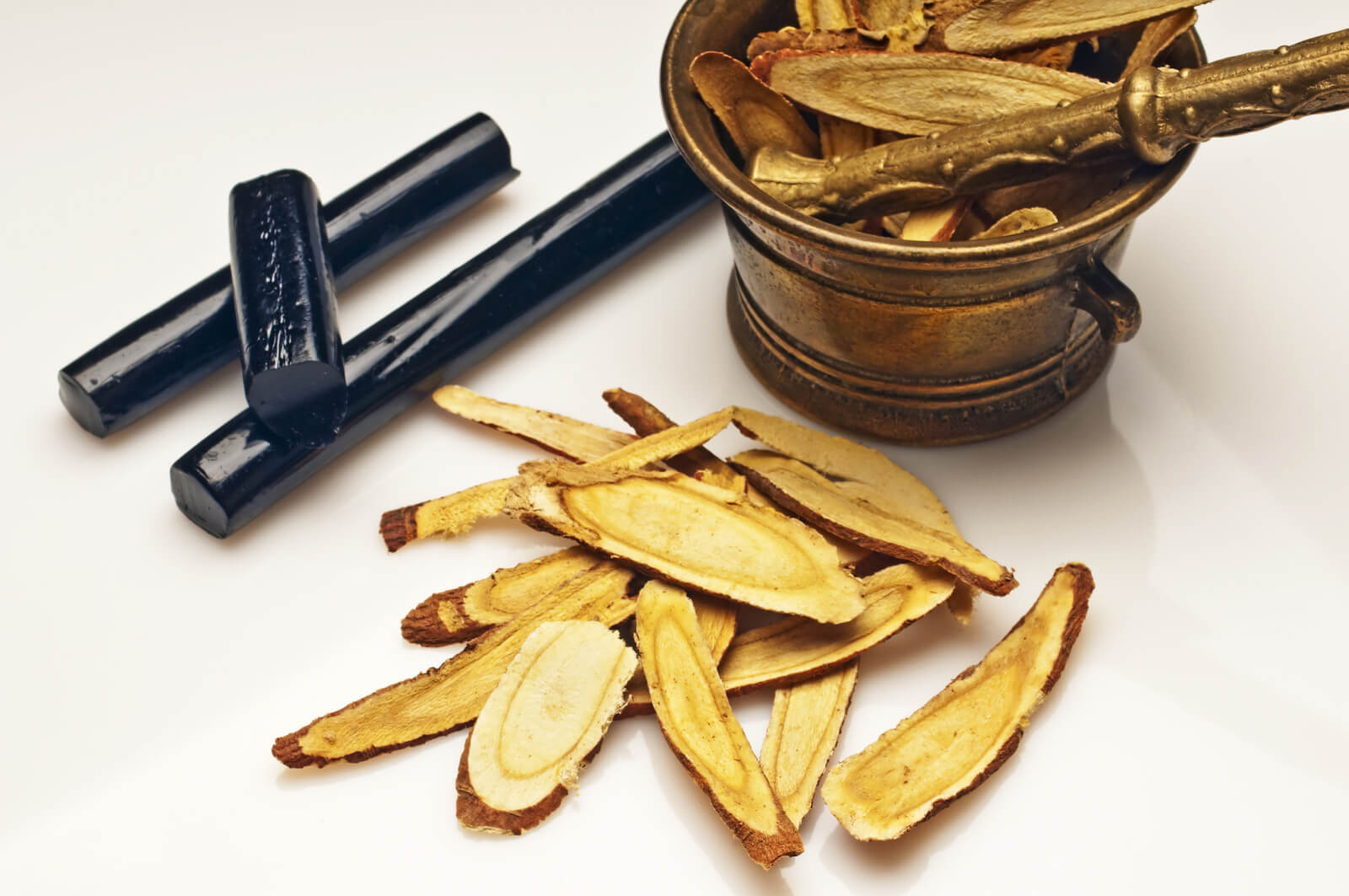
So, does licorice (Glycyrrhiza glabra) help with constipation? The general answer appears to be “probably not.” There is limited, if any, in depth research on licorice as a treatment for constipation. And, the only situation where this herb may be able to help constipation is if it is due to inflammation.
The renowned, late Dr. James Duke, in his book The Green Pharmacy Herbal Handbook,(source 1) states that licorice has a folk medicine use for constipation. Dr. Duke doesn’t seem to say much else relating to this herb and constipation besides mentioning that it helps protect the cells lining the intestines by enhancing the blood flow to them and extending their lives.
Research studies on licorice specifically for constipation appear to be quite limited. And, this is probably due to the fact the herb has limited efficacy for treating constipation. Yet, it does seem there are sparse mentions of licorice’s ability to treat constipation. One study, published in 2015 in the journal Clinical Excellence,(source 5) stated that licorice does help treat constipation.
As mentioned, one possible reason licorice may work to treat certain types of constipation is due to the fact it has an anti-inflammatory action on the intestines. So, if you have constipation due to inflammatory bowel disease (IBD) or a form of ulcerative colitis, licorice will probably help relieve this type of constipation. We will discuss this aspect of licorice more later in this article.
So in general, licorice probably isn’t a good herb to choose when you are constipated. The caveat being if you suspect that intestinal inflammation is leading to your constipation. So, in general, licorice will probably not help you poop.
But, licorice tea may seem to work for constipation. This is possibly due to the correlation being spurious; that is the real cause of the bowel movement being taking in more water, and not the licorice. Therefore, look for a different herbal tea to drink if you are constipated; and, try and get plenty of fluids.
Samuel Bart’s Digestive Health Solution
Samuel Bart has always been passionate about plants and their ability to keep us healthy. He has put together some of the best natural ways that could help anyone support a healthy digestive system.
Samuel perfected an easy, yet powerful formula, which consists of amazing ingredients. Bart’s supplement is backed by a ironclad 60-day, money back guarantee.

Constipation, Glycyrrhizin, & Hypokalemia
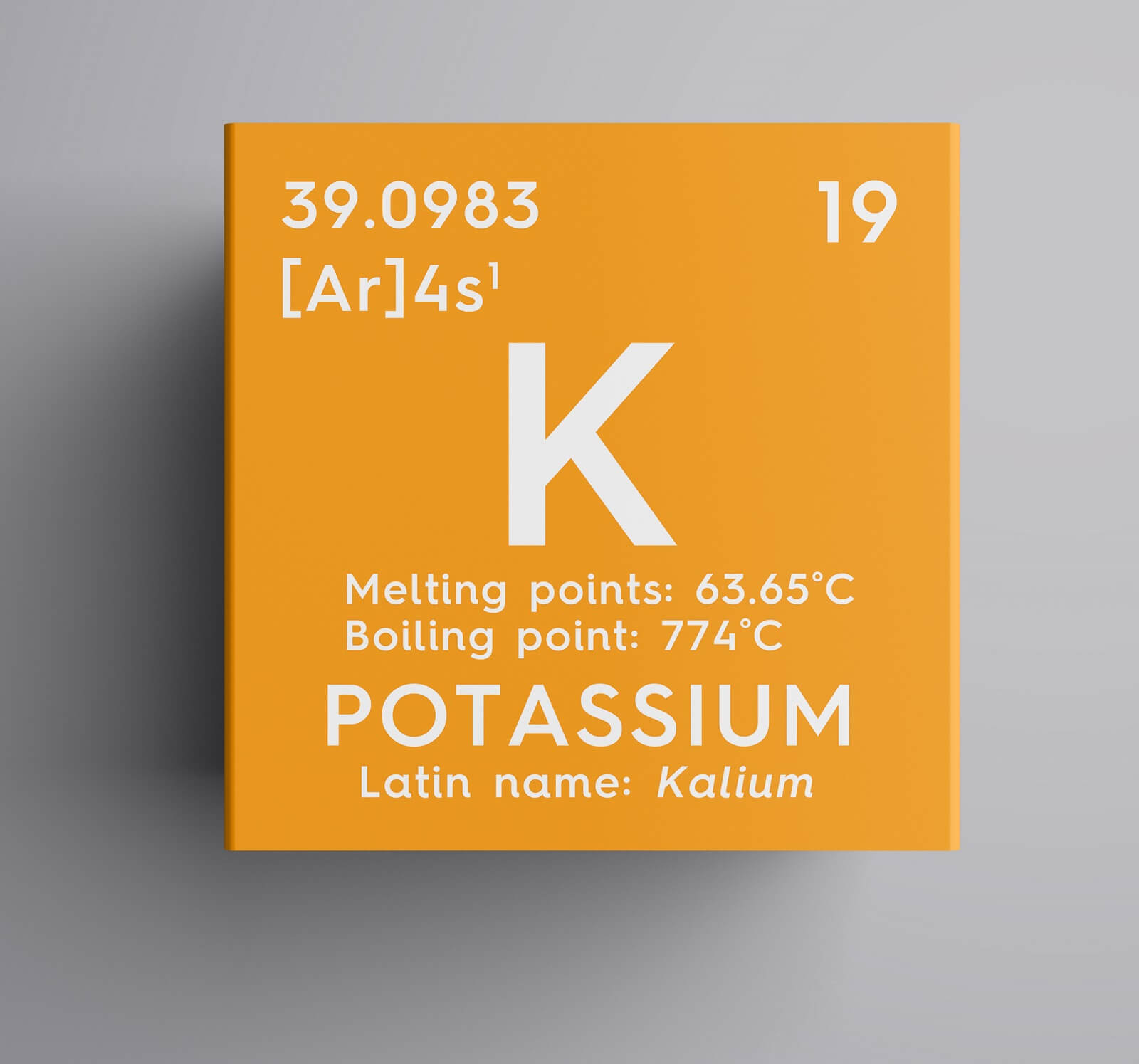
One thing to be aware of before you take licorice is that it contains a somewhat poisonous chemical known as glycyrrhizin. Herbsey has an entire article detailing the side effects of licorice you can find here; this topic is outside the scope of this article.
Suffice it to say, having too much glycyrrhizin in your system can cause complications. Yet, you can buy deglycyrrhizinated licorice (DGL); which has the glycyrrhizin severely reduced or removed.
This safety precaution with glycyrrhizin is even more important for people with constipation. That is because constipation can lead to more of the glycyrrhizin in licorice being absorbed into the body.
A 2021 study, published in Frontiers in Nutrition,(source 2) states that constipation can lead to a higher chance of toxicity due to licorice. The study explains that glycyrrhizin is hydrolyzed to glycyrrhetinic acid by bacteria in the intestines and then absorbed into blood. As a result, large individual differences in the blood concentration of glycyrrhetinic acid were produced from the same oral dosage of licorice or glycyrrhizin. The study states that the longer glycyrrhizin stays in the intestinal tract, the more glycyrrhetinic acid will enter the bloodstream.
The study also explains that glycyrrhetinic acid has been considered the causative agent for the development of licorice-induced hypokalemia. Hypokalemia is a condition where there is not enough potassium in the blood, and the body does not function correctly as a result.
Hypokalemia is often asymptomatic, i.e., it produces no noticeable symptoms. Yet symptoms can range from mild to life-threatening in nature. Some of the symptoms include fatigue, anorexia, loss of appetite, having trouble concentrating or feeling confusion, and feeling apathetic. Severe hypokalemia can lead to life-threatening heart problems and neuromuscular dysfunction.(source 3)(source 4)
Guaranteed 24 Hour Constipation Relief
Dr. Scott McLeod, PharmD received his doctorate from the WSU College of Pharmacy. His book on constipation is guaranteed to show you how to get relief in 24 hours or less-or your money back (60 day, 100% refund guarantee).
Everything used in this plan is from nature. No use of harmful laxatives. People who have used these say they work BETTER than over-the-counter laxatives!

Reducing Inflammation May Aid Constipation
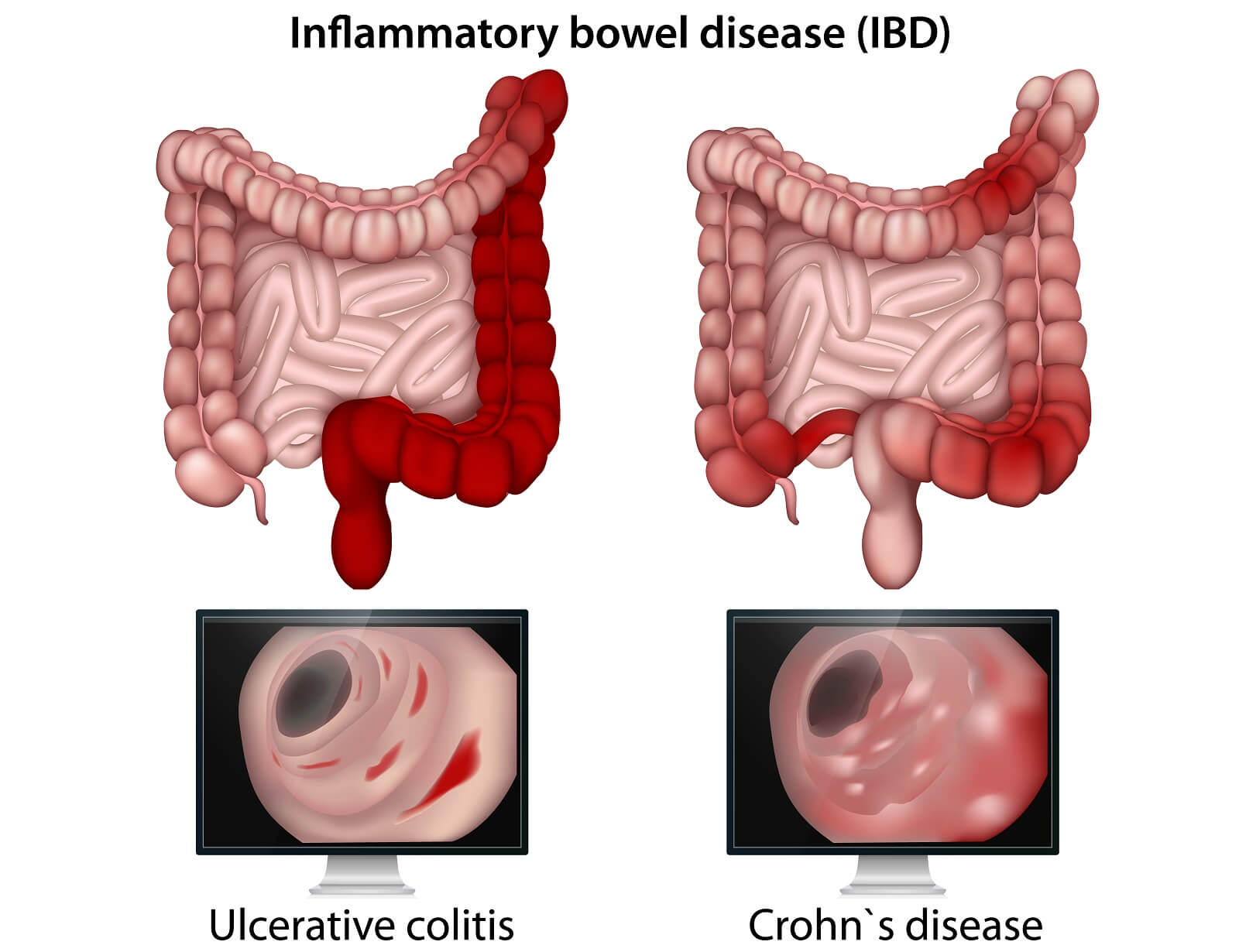
If you suffer from inflammatory bowel disease (IBD), then this can sometimes lead to constipation. Consequently, if the inflammation in your intestines is responsible for constipation licorice may be able to help. This is because licorice can reduce inflammation in the intestines.
But, the caveat is, if your constipation is not related to inflammation, licorice may not help with this condition.
A study published in 2022 in the International Journal of Molecular Sciences(source 6) discussed licorice’s role in combating inflammation in the digestive system. The study states that licorice has the following medicinal effects:
- Anti-inflammatory
- Antiallergic
- Antibacterial
- Antiviral
- Antitumor
Because of these medicinal properties, licorice is therefore able to assist in the treatment of inflammatory diseases.
The study goes on to say that the anti-inflammatory ability of two important licorice constituents, glycyrrhizin and glycyrrhetinic acid, have been documented by scientific research for some time.
Glycyrrhizin stops inflammation due to inhibiting the creation of reactive oxygen species (ROS; a subset of free radicals that contain oxygen) by neutrophils. This release of ROS by neutrophils is the most powerful inflammatory mediator in areas of inflammation.
Glycyrrhizin also was shown to increase the production of interleukin 10 (IL-10) in liver cells of mice with hepatitis. IL-10 is a cytokine that has powerful anti-inflammatory properties; and, it plays a key role in limiting the immune system response.(source 7)
Glycyrrhetinic acid has been demonstrated to have anti-inflammatory effects on several different types of tumor cells.
The study’s conclusion states the following:
In summary, the evidence from all these experimental studies suggests that the bioactive compounds obtained from Licorice have anti-inflammatory and antioxidant properties that affect anti-intestinal disorders through different mechanisms of action.
International Journal of Molecular Sciences [23.8 (2022): 4121]
Further regarding intestinal inflammation and licorice, a review study, published in 2022 in the Journal of Functional Foods,(source 8) was done to determine if licorice is beneficial for ulcerative colitis. Ulcerative colitis is a form of IBD that causes inflammation and ulcers in your large intestine.
The review identified 23 studies that were qualified to include in their analysis. The studies encompassed 2,060 participants.
This systematic review determined that glycyrrhizin was significantly associated with a lower level of the cytokines tumor necrosis factor-alpha; (TNF-α), interleukin-6, interleukin-8, interleukin-17. Also, glycyrrhizin produced a higher level of IL-10, in addition to lowering the other proinflammatory cytokines.
A cytokine is a type of protein produced by cells that has an effect on the immune system.(source 10) Let’s further explain how these compounds relate to inflammation, given we’ve already covered what IL-10 does.
- TNF-α: this compound plays one of the most important roles in the cytokine network of the immune system; and, it is a proinflammatory cytokine. TNF-α stimulates inflammation, vasodilation, and swelling. It also causes white blood cells to latch on to the outer linings of tissue, regulates blood coagulation, and indirectly causes fever.(source 9)
- Interleukin-6: this compound has a complex effect on inflammation; and it is a proinflammatory cytokine. It causes the production of acute inflammation phase proteins, and inhibits the production of albumin (a protein made by the liver). It stimulates antibody production and has an effect on non-immune cells.(source 11)
- Interleukin-8: This compound is a proinflammatory cytokine that binds to white blood cells and causes various responses. It is produced by a variety of blood cells and tissue cells. It has a distinct target specificity for neutrophils (a type of white blood cells that are like your immune system’s first defense); and, a weak effect on other blood cells. Interleukin-8 attracts and activates neutrophils in areas of inflammation.(source 12)
- Interleukin-17: This is a family of proinflammatory cytokines that are potent influencers of inflammation. Yet, these cytokines can also contribute to tissue damage due to chronic inflammation.(source 13)
Naturally Treat Hemorrhoids in 48 Hours
Jessica Wright’s unique 5-step, all-natural approach to hemorrhoid treatment delivers permanent relief. Heal hemorrhoids in 48 hours, and eliminate the root cause in 30 to 60 days.
Benefit from Jessica’s 12 years of research; her book is backed by a 60 day, 100% money back guarantee.

The Side Effects of Licorice
Licorice is an herb that has been extensively studied, and there are well known side effects that can occur when taking licorice. A primary reason licorice causes side effects is due to the chemical glycyrrhizin. Licorice also mimics estrogen in the body, and should be avoided during pregnancy.
If you have heart problems, or are taking blood thinners, make sure you use extra caution when taking licorice. It would be prudent to talk to a medical professional before you begin taking licorice if the aforementioned situations apply to you.
Licorice also inhibits human cytochrome P450; this is an enzyme that metabolizes a wide array of prescription drugs. As a result of this, licorice can cause drug interactions with a wide variety of medications. So, if you take prescription drugs, make sure you consult a medical professional before you take licorice.
Herbsey has an entire article discussing the side effects of licorice. You can find the article here: The Side Effects of Licorice.
Dr. John Herzog (MD)
Dr. John Herzog, a "survival surgeon" from Maine explains what home remedies work best in a crisis situation.
This may be important in the event you require first-aid or are in an emergency situation without easy access to a hospital. Dr. John Herzog has assembled a large collection of home remedies for such scenarios.

A Natural Digestive System Supplement that Helps
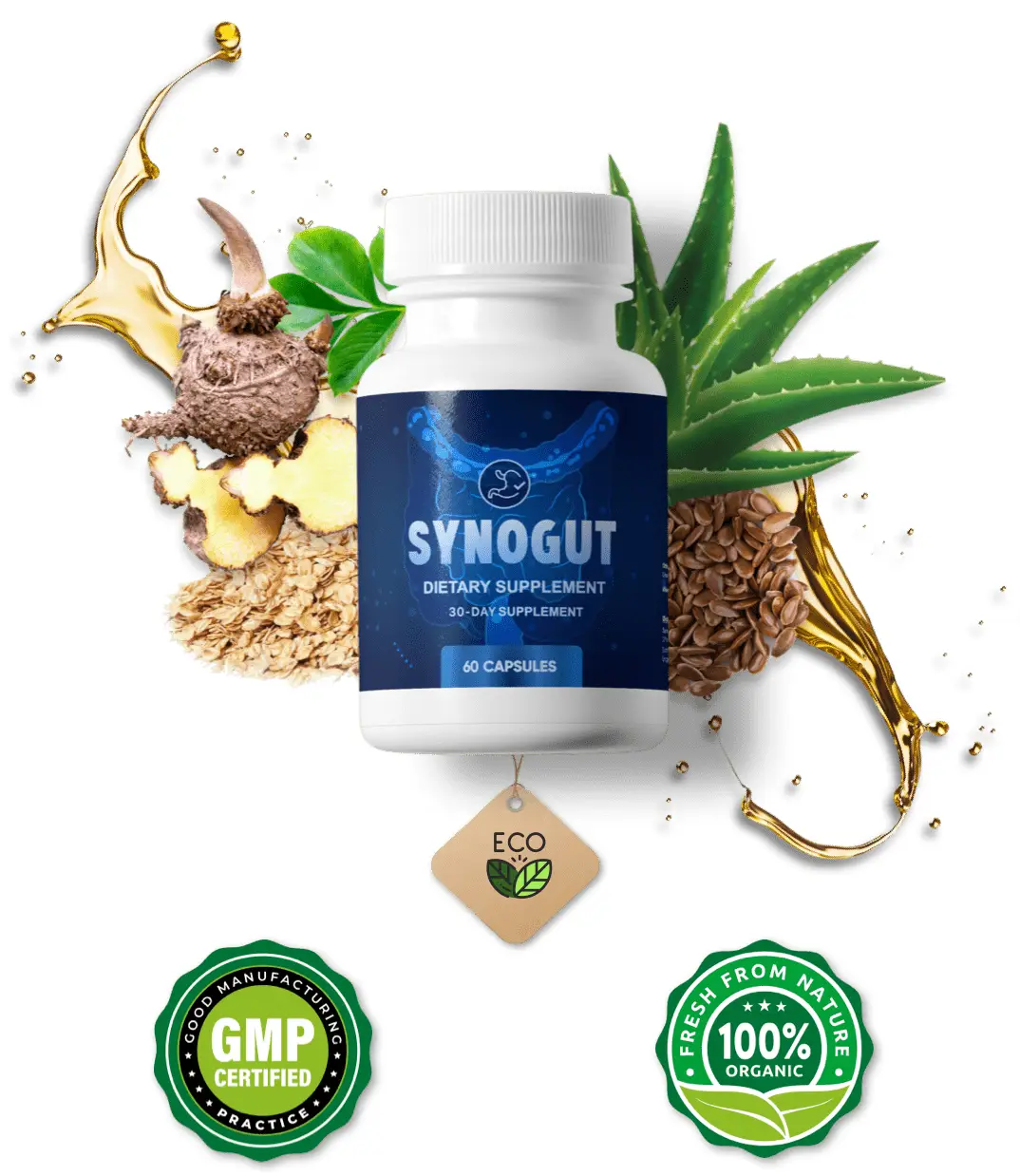
If you have been struggling with digestive problems like constipation, you should know about Samuel Bart. Mr. Bart lives with his wife, Alma, in Nashville, Tennessee.
Mr. Bart has always had a passion for plants and how to use them medicinally. He went on to research some of the most effective ways that could help people support a healthy digestive system.
To this end, Mr. Bart developed a product he calls “SynoGut.”
Every capsule of this supplement is made in the USA, in a FDA approved, and GMP certified, facility under sterile, strict, and precise standards. Synogut capsules are non-GMO. You can rest assured that they do not contain any dangerous stimulants or toxins, and more importantly, they are not habit forming.
His proprietary blend blend contains the following ingredients:
- Psyllium husk
- Bentonite clay
- Black walnut hull
- Oat bran
- Flaxseed
- Prune fruit
- Aloe vera leaf
- Lactobacillus acidophilus (a probiotic bacteria)
- Apple fruit pectin
- Glucomannan root
If this is not the first time you have had constipation, you might benefit from the power these natural items can provide. And, if you have had prolonged constipation, utilizing a supplement like Mr. Bart’s could help you become more regular—without an arsenal of prescription drugs.
Many people have tried synthetic drugs to solve their constipation issues; and if these didn’t work, it may be hard to invest in a natural remedy like SynoGut. To this end, Mr. Bart offers a 60 day, full refund guarantee on his supplement.
If you decide to invest in Mr. Bart’s supplement, and are not satisfied with the results, you can quickly request a refund. SynoGut will promptly refund your purchase; ensuring there is no risk to give Mr. Bart a chance.
SynoGut is sold via the large online retailer ClickBank—a company based in Boise Idaho, USA. ClickBank sells products across the world, and ensures you can get a refund if you are not satisfied with SynoGut’s results.
If you are in a situation where you have “tried everything,” SynoGut is worth the quick purchase and a solid test drive. If you would like to learn more about Samuel Bart’s SynoGut supplement, you can do so at the SynoGut website.
About the Author
Geoff Kent is a natural medicine enthusiast who has been researching and writing about natural medicine since 2008. Geoff is primarily a web developer, but also researches and authors written and video content about natural health. Geoff has a bachelor’s degree in Management Information Systems from the University of Northern Iowa.
More on Geoff KentImportant Disclosures & Disclaimers
It is important to use the information you find on Herbsey.com in the right way. Also for legal reasons, these disclaimers and disclosures are necessary. For further information about each, feel free to click the link provided to the page on this website that provides more information.
Medical Disclaimer
The information on this website is not a prescription for anyone. This information is for informational or educational purposes only, and is not a substitute for professional medical advice or consultations with healthcare professionals.
Advertisement Disclosure
Some of the links provided on this article and website are affiliate links. If you purchase a product after clicking on these links, Herbsey.com will earn a commission. Herbsey.com promotes various products through advertisement and text links. For more information: Our Advertisements.



